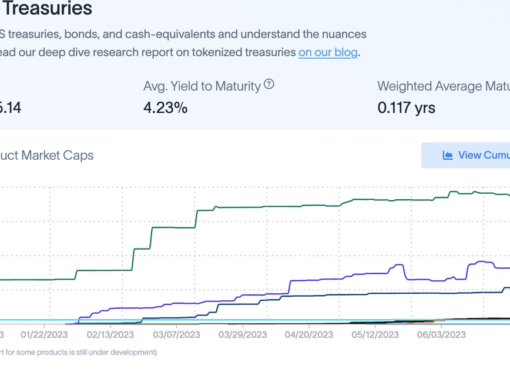- The Dow rose sharply on Friday after the release of a much better-than-expected jobs report.
- Rising Treasury yields are pushing mortgage rates higher.
- Higher mortgage rates could impact housing demand.
The Dow Jones jumped by more than 3% Friday, surging past 27,000. Friday’s gains add to the rally that started on March 23. The Dow has soared more than 45% since it hit bottom.
Stocks rose after the U.S. added 2.5 million jobs in May–the largest on record–versus an expected decline of 8.3 million.
Unemployment fell to 13.3% last month, much lower than the estimated 19.5%, the Labor Department said.
This better-than-expected jobs report has given investors confidence that the economy is starting to recover after months of damage from the pandemic.
Dow Rally Is Bad News For The Housing Market
But what’s good news for the U.S. economy is awful news for the housing market. Indeed, the risk-on rally has caused Treasury yields to spike.
The employment report fueled the growing selloff in the bond market, pushing the Treasury yield above 0.9%, its highest since March.
As mortgage rates follow the yield on the 10-year Treasury, they have risen this week, after sitting around record lows in the past two weeks.
The average interest on a 30-year mortgage was 3.18% this week, up from 3.15% a week ago, according to a report released Thursday by mortgage buyer Freddie Mac.
Zillow economist Matthew Speakman said:
After Treasury yields rose in recent days in response to some favorable reports on the labor market, service sector and factory orders, mortgage rates did the same. As reports continue to emerge that show the economy may be beginning a modest recovery, suddenly there appears to be upward pressure on bond yields, and thus mortgage rates.
According to Matthew Graham, COO of Mortgage News Daily, the average mortgage shopper could see the 30-year rates as much as a quarter-point higher. Graham thinks mortgage rates have already hit bottom:
It’s going to be ugly. Today is the first time since the Covid-19 market reaction settled down in March that interest rates truly have a reason to panic. Until further notice, this looks like liftoff. Things can change, but until and unless they do, you have to treat last week’s all-time low rates as the bottom of the market.
Higher Mortgage Rates Will Lower Demand For Houses
Housing demand has been red-hot among homebuyers, but that could change as rates rise.
The general positivity about the economy and stock market might not offset the damage to the housing market. While unemployment is shrinking, it’s still very high. The negative impacts on the economy will likely last a long time.
A hike in mortgage rates is one factor that could push young homebuyers, who have fewer savings than their older peers, out of the market. Tightening lending standards are already making it difficult for Millennials to get a mortgage.
George Ratiu, senior economist at Realtor.com, said:
In addition to the uptick in rates, banks and lenders have retained tight underwriting standards for home loans, pushing the average credit score above 700, which is causing younger buyers to delay their home purchase.
Ratiu added that the average credit score among buyers aged 30 to 39 is 673, disqualifying them for a mortgage with many lenders.
But even those who qualify for a mortgage may find that houses aren’t affordable for them. House prices have increased due to a lack of supply relative to demand.
Homebuyers have returned en masse to the housing market after exiting during the height of the pandemic, as evidenced by a rise in mortgage applications. But sellers haven’t.
But as mortgage rates increase, demand for houses might decrease. As a result, home prices should drop.
Disclaimer: The opinions expressed in this article do not necessarily reflect the views of CCN.com.
This article was edited by Sam Bourgi.
Last modified: June 6, 2020 2:03 PM UTC




